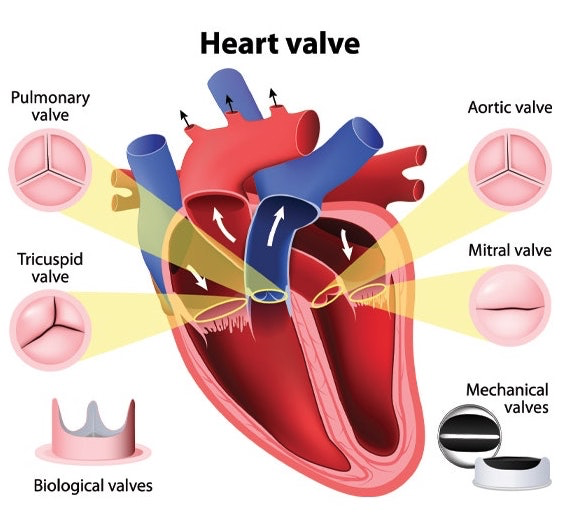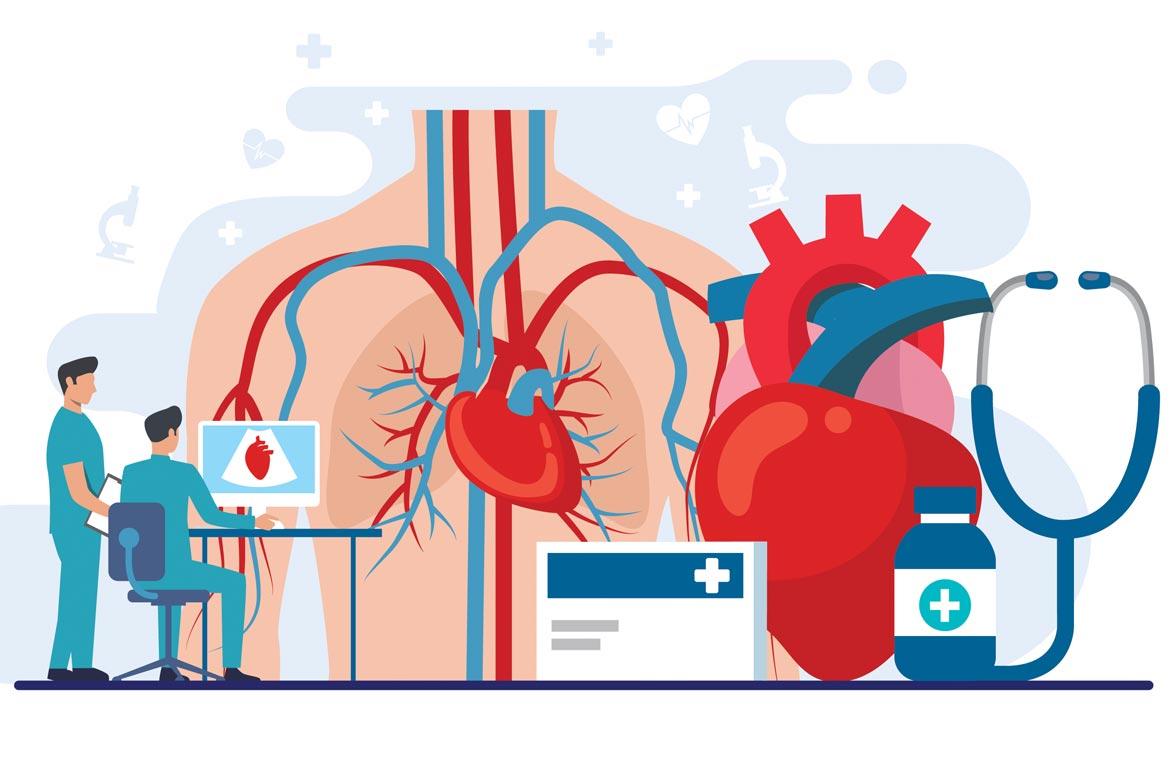Heart Valve Repair or Replacement Surgery
What is heart valve repair or replacement surgery?
Heart valve repair or replacement surgery is used to fix damaged or diseased heart valves so as to restore heart function. There are 4 valves in your heart that act like doors to control the blood flow between the different parts of the heart.
Normally, these valves open to let blood flow through or out of your heart in one direction. The valves also shut to keep blood from flowing backwards. But sometimes they do not work properly.
Causes of heart valve problems
Heart valve problems can occur due to congenital abnormalities (present at birth), or they can develop later in life as a result of:
- Infections
- Degeneration (wear and tear)
- Other heart conditions
Treatment options
Currently, no medicines can cure heart valve disease. Lifestyle changes and medicines can help to manage symptoms. However, faulty valves will eventually need to be repaired or replaced in order to protect your heart from further damage.
There are 2 approaches to addressing faulty valves:
- Heart valve repair, which fixes the damaged valve without the use of artificial parts as much as possible.
- Heart valve replacement, which replaces the malfunctioning valve completely. It is an option if all efforts to repair the abnormal valve fail.
Many surgical approaches can be used to repair or replace heart valves, including open-heart surgery and minimally invasive surgery. Your treatment options will depend on several factors, such as your age, health, the condition of the affected heart valve and the severity of your condition.
Why do you need heart valve repair or replacement surgery?
Heart valve repair or replacement surgery aims to restore heart function by repairing or replacing a faulty valve. It may be used to treat the following heart valve problems:
- Regurgitation or 'leaking' heart valves, which occurs when the heart valves do not close fully, allowing blood to leak backwards into the chambers of the heart.
- Stenosis, which occurs when the valve thickens, stiffens or fuses together. As a result, the heart has to work harder to pump blood through the valve, and the body may suffer from a reduced supply of oxygen.
- Atresia, a condition where the heart valve lacks an opening for blood to pass through. It can occur as a congenital disease, prior to birth, or develop later in life. Congenital atresia may affect the pulmonary valve (found in the right lower chamber of the heart) or aortic valves (found in the left lower chamber of the heart). Valve problems that develop later usually involve the aortic or mitral valves. Atresia can cause stenosis or regurgitation.
The decision to repair or replace your heart valve will depend on your symptoms and test results. The benefits of a successful heart valve repair surgery are:
- Decrease in the risk of stroke
- Decrease in the risk of infection
- Reduction in the need for blood thinners
- Conservation of the heart muscle's strength
- Increase in the chances of long-term survival
If left untreated, advanced valve disease can lead to serious, life-threatening complications. For example, abnormal functioning of the aortic valve can lead to heart failure because of reduced blood supply to the heart muscle.
What are the risks and complications of heart valve repair or replacement surgery?
As with any surgery, there will be some risks involved, depending on your specific medical condition.
Be sure to discuss any concerns with your healthcare provider before the procedure.







